News
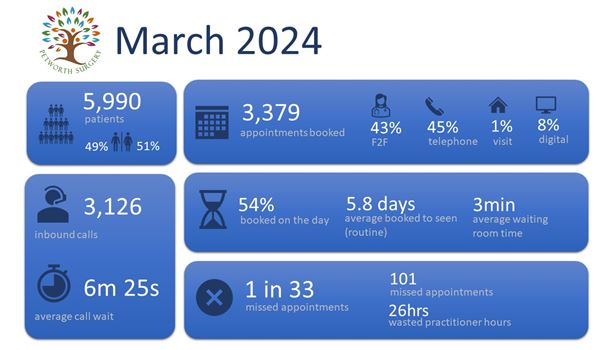
Stats of missed appointments March 2024.
We are delighted to now be offering Covid-19 Spring boosters at Petworth Surgery to our eligible patients.
Eligible are those who are 75years of age or older and those with a weakend immune system.
Our first clinic is scheduled for Monday 22.04.2024 and we are offering a variation of weekday and weekend clinics.
Please note we only received a limited amount of Covid boosters and our clinics work on a 'first book first serve' basis. We are due to receive further vaccine deliveries and we will update our website and Facebook accounts accordingly. If you are signed up for text messging or the NHS app you will receive messeges / notifications via these channels.
To book your slot please call us on 01798 342 248 after 10:00am. Thank you.
(17.04.2024)
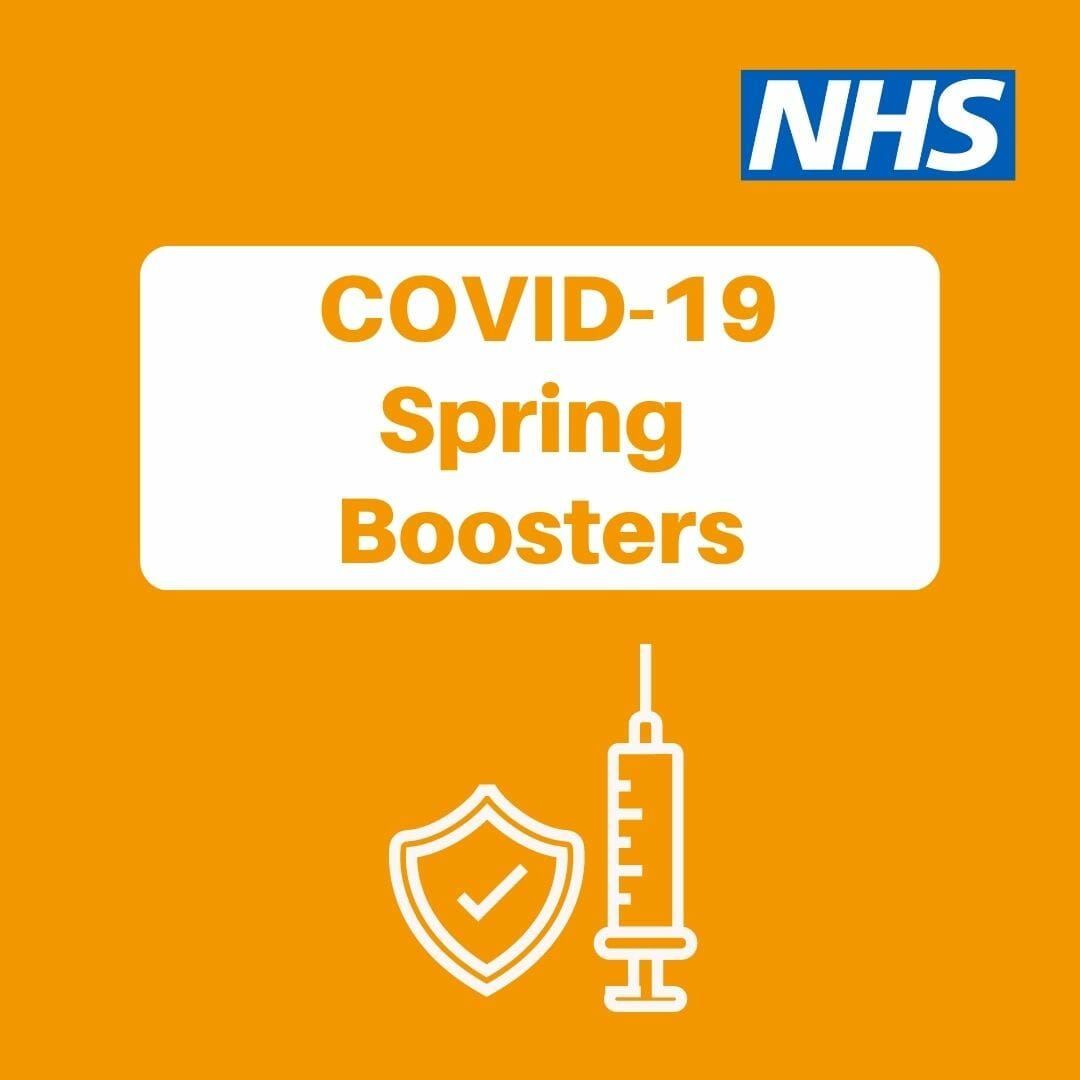
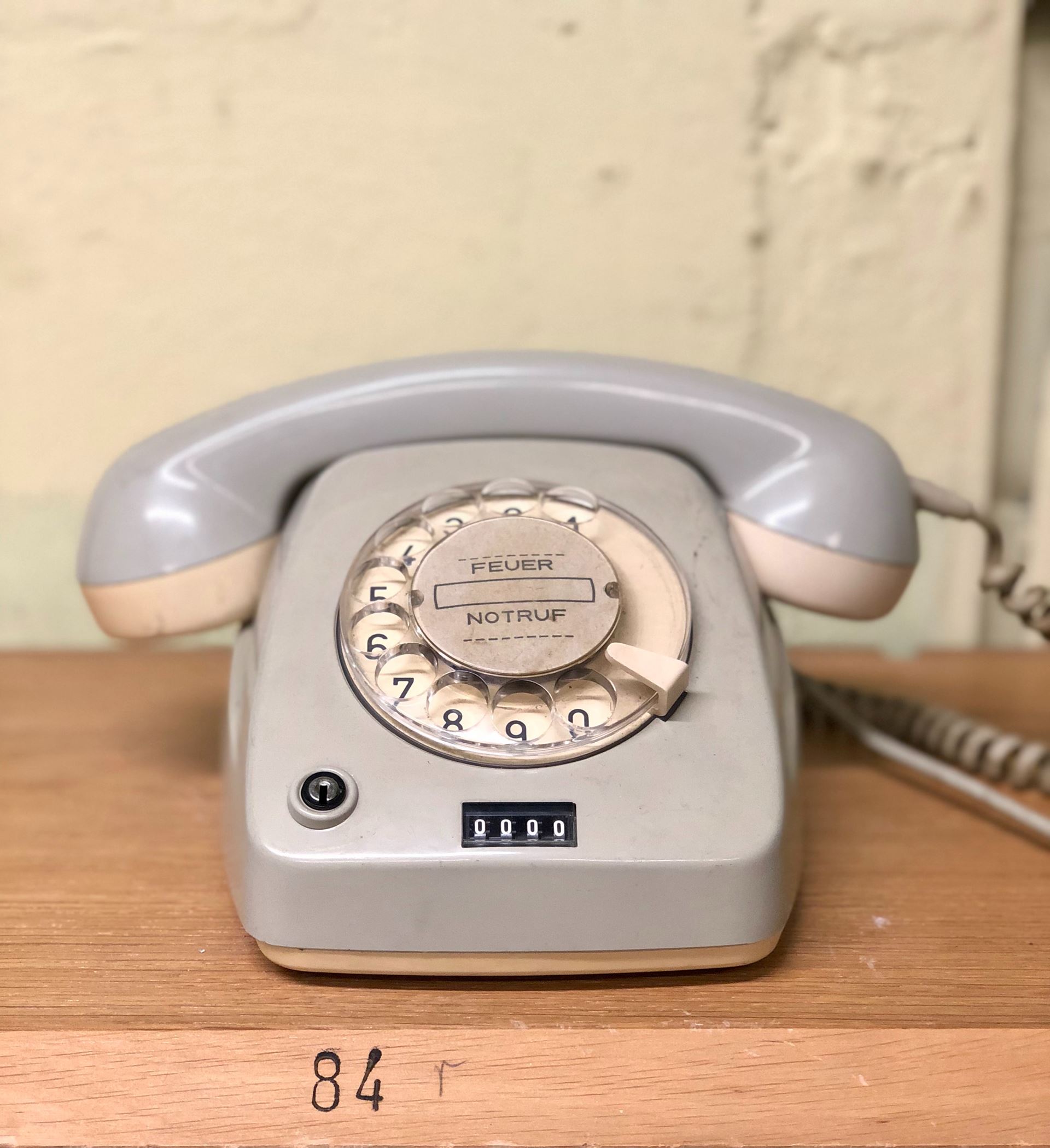
Dispensary telephone lines
From 10th December 2023 our dispensary telephone line opening hours will be changing. The phone line will only be available for urgent queries, between 10:30AM-11:30AM & 15:30PM-16:30PM for patients who are housebound or have no internet access.
Blood test appointments
Due to staff shortages and insufficient funding for blood tests we need to encourage our patients that they only book blood test appoints at the surgery if the test was requested by a clinician at the surgery.
With hospital forms please book your follow up blood test appointment with the requesting organisation. E.g. St Richards Hospital.
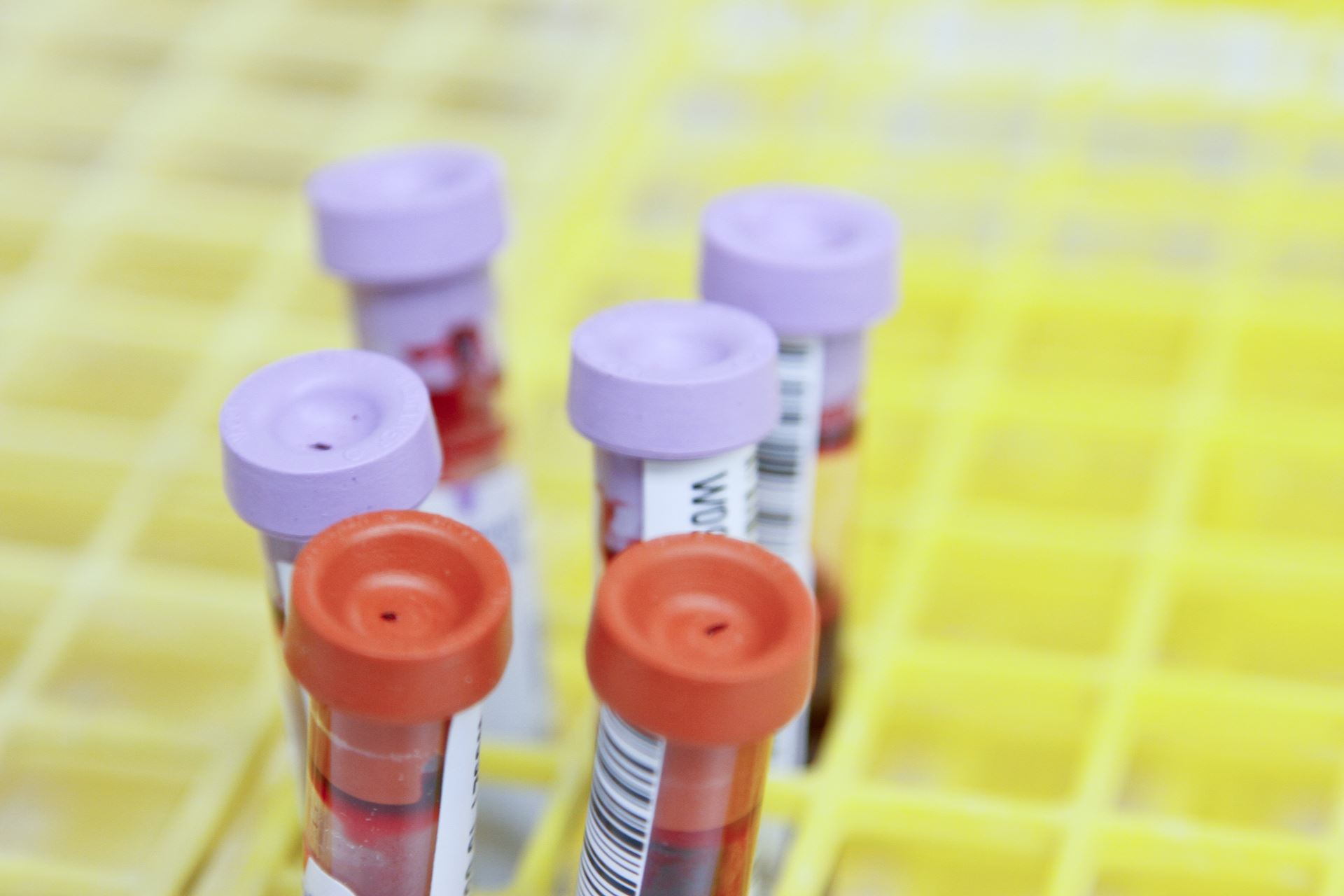
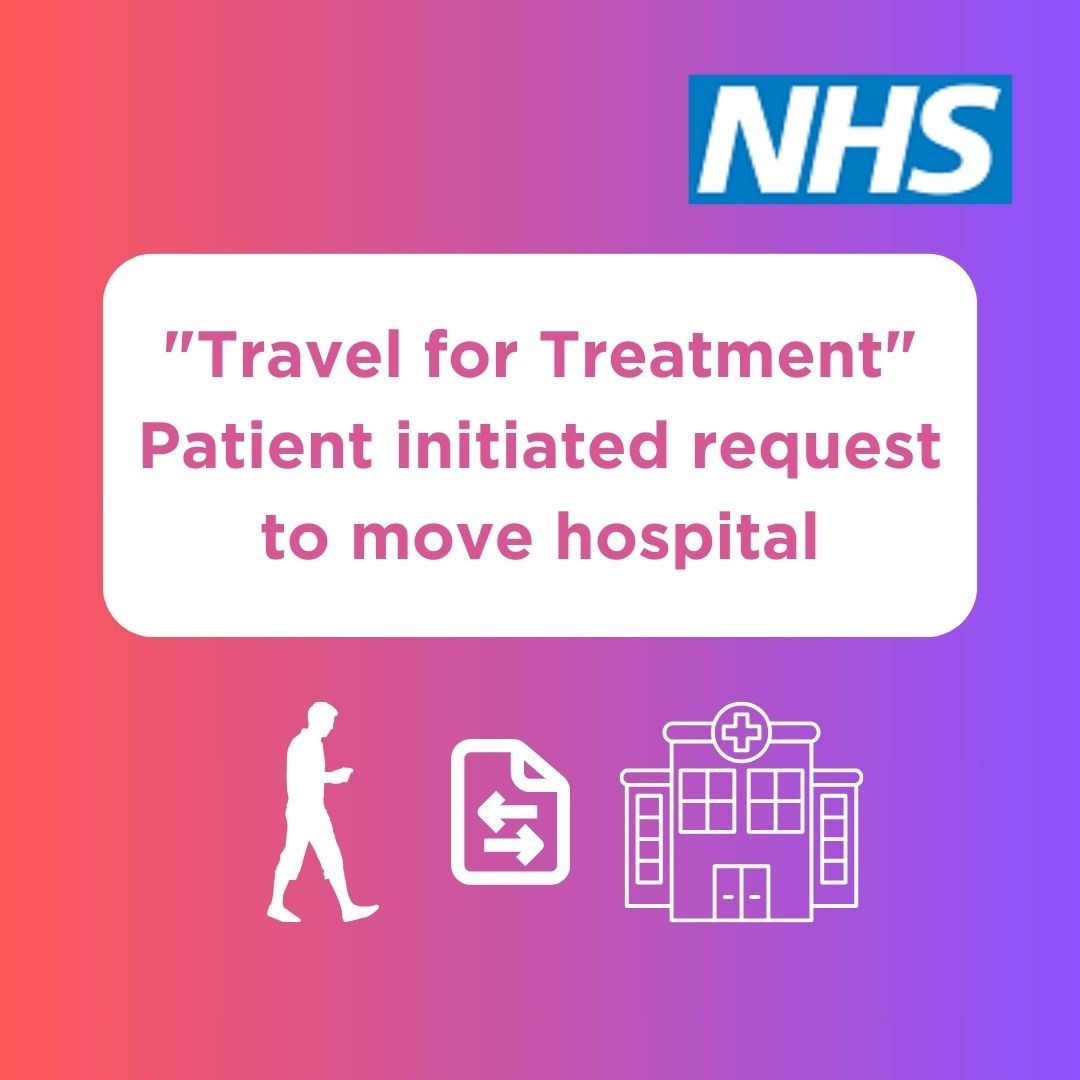
Important information for patients currently on hospital waiting lists
The NHS has been working hard to address the backlogs built up during the COVID pandemic. As part of these plans, the NHS will be proactively contacting patients who have been waiting a long time for NHS funded treatment to remind them of their right to request to move to an alternative hospital where they may be seen quicker.
From Tuesday 31st October new digital portal called the Patient Initiated Digital Mutual Aid System (PIDMAS) will be introduced. Patients who have been waiting 40 weeks or more can use this portal to request an alternative choice of hospital.
Any patient who is eligible will receive either a SMS text message or a letter from their current hospital explaining how to request to choose a different hospital.
Please do not contact the practice regarding this process as we have no information regarding individual patients. The hospital will contact you if you are eligible. Please do not contact them either.
Further information about alternative choice is available on hospital websites.
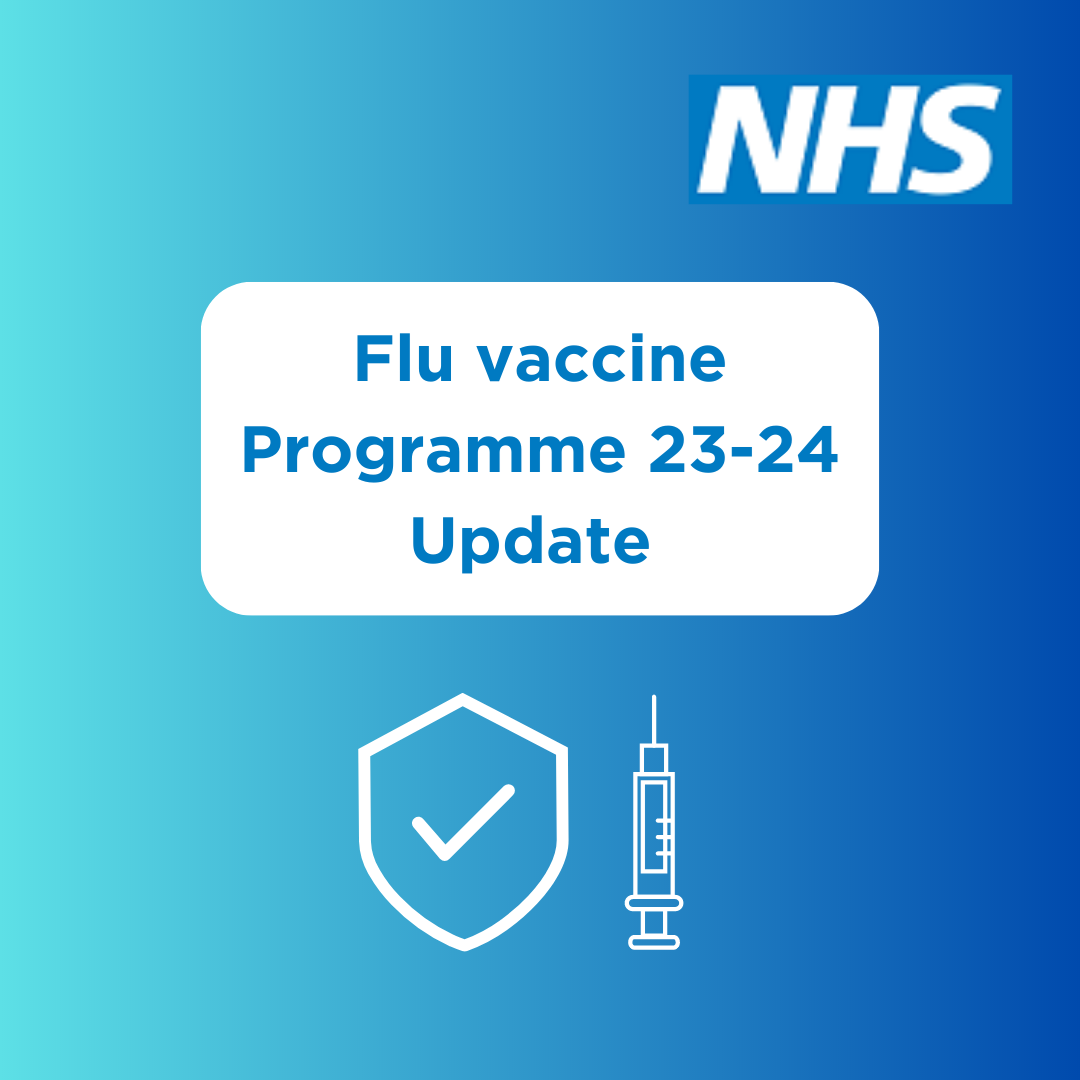
General Practice Data for Planning and Research (GPDPR)
NHS Digital has been collecting data from GPs through its trusted General Practice Extraction Service. This system is now being replaced from 1.9.21 with their new General Practice Data for Planning and Research (GPDPR) service, a broader general-purpose collection which will enable faster access to pseudonymised patient data for planners and researchers.
This more sophisticated extraction service will be working on things such as researching the long-term impact of coronavirus on the population, analyzing healthcare inequalities and researching and developing cures for serious illnesses.
NHS Digital will collect:
- data about diagnoses, symptoms, observations, test results, medications, allergies, immunisations, referrals, recalls and appointments, including information about physical, mental and sexual health
- data on sex, ethnicity and sexual orientation
- data about staff who have treated patients
NHS Digital does not collect:
- name and address (except for postcode, protected in a unique coded form)
- written notes (free text), such as the details of conversations with doctors and nurses
- images, letters and documents
- coded data that is not needed due to its age – for example medication, referral and appointment data that is over 10 years old
- coded data that GPs are not permitted to share by law – for example certain codes about IVF treatment, and certain information about gender re-assignment
Patients can opt-out from NHS Digital COLLECTING their data (called a type 1 opt out) or dissent to NHS digital SHARING their data for planning and research (called a National data opt out). If you wish to find more information about GPDPR including your right to opt out then please follow this link https://www.nhs.uk/your-nhs-data-matters/.
You are able to opt our of GPDPR by clicking on the following link Make your choice about sharing data from your health records.
Data collection will start on 1 July 2021, if you do not want your data shared with NHS Digital this should be done by returning the form below to your GP practice by 23 June 2021 to allow time for processing it. You can send the form by post or email to your GP practice.
You can read the General Practice Data for Planning and Research: NHS Digital Transparency Notice HERE.
Introduction
These FAQs are an annex to the #QuitForCovid communications toolkit, and are designed to answer any questions you may have about quitting smoking during the COVID-19 pandemic. This is a living document and will be updated as the evidence evolves. The FAQs have been reviewed by a range of clinical and academic experts including researchers who are part of SPECTRUM, a multi-disciplinary Consortium of ten Universities funded by the UK Prevention Research Partnership (UKPRP).
Is it appropriate to be encouraging smokers to quit right now?
To encourage smokers to quit right now is in line with Public Health England guidance issued on 29 May. The guidance states that “On the available evidence, we advise:
- if you smoke, you generally have an increased risk of contracting respiratory infection and of moresevere symptoms once infected. COVID-19 symptoms may, therefore, be more severe if you smoke
- stopping smoking will bring immediate benefits to your health, including if you have an existingsmoking-related disease. This is particularly important for both you and for our NHS at a time of intensepressure on the health service
”The evidence of the mortality and morbidity caused by smoking is well established, backed by a considerable body of research over more than seventy years. There are 5.9 million smokers in the UK and smoking remains the leading cause of premature death, killing nearly 80,000 people a year in England alone. For every person who dies from smoking, at least 30 people live with a serious smoking-related illness such as cancer, heart disease, stroke, diabetes, and chronic obstructive pulmonary disease (COPD), which includes emphysema and chronic bronchitis.
Smokers are at increased risk of viral and bacterial infections including pneumonia, risks which can immediately be reduced by quitting. There is also some evidence that current smoking compared with never smoking is associated with greater disease severity in those hospitalised for COVID-19. This is significant health information, which smokers have a right to know, and they need to be supported to take steps to quit or abstain from smoking at this time.
As well as increased risks associated with COVID-19, people who smoke are more likely to develop health conditions that require hospital care. People who smoke account for 489,000 hospital admissions per year in England, and current smokers are around 30% more likely to require hospital admission than non-smokers.Quitting confers immediate benefits – for example improved blood pressure, reduced respiratory infections and heart disease – that can help ease pressure on the NHS.
Most smokers report wanting to quit and have tried before and recent surveys find that COVID-19 is increasing smokers desire to quit, although many are finding it difficult to do so. There is some evidence already that the #QuitForCovid message resonates with smokers. A survey of local authorities’ responses to lockdown, carried out in April and May, found that just under a quarter had seen an increase in traffic to their stop smoking services. Of these services, all bar one had specifically targeted smokers in their area with COVID-19 messaging in their communications, with proactive offers of support made directly to smokers being especially effective. Now is a teachable moment when smokers are particularly keen to improve their health and wellbeing and protect those around them.
Secondhand smoke in the home and other enclosed spaces also pose a risk to others, increasing the likelihood that those exposed will need hospital treatment. There is no risk-free level of exposure to secondhand smoke, which has been shown to cause lung cancer, serious respiratory and cardiovascular disease. Unborn children and babies are particularly at risk; secondhand smoke can cause miscarriage and stillbirth, sudden infant death, meningitis, middle ear disease, and both causes and exacerbates respiratory diseases like asthma. Adults with existing health conditions like high blood pressure, respiratory problems and heart disease are also particularly at risk. Smokers should take every effort to protect those around them from exposure.
People have raised the possibility that smoking might have a protective effect. What is the truth in this?
The COVID-19 outbreak was first identified last December, and was declared a pandemic less than three months ago, so evidence of the impact of smoking on COVID-19 is still mixed and developing.
The Zoe symptom study, where more than 2.4 million people in the UK recorded any symptoms in an App, found that current smokers were more likely to report classic symptoms of COVID-19 (cough, fever and breathlessness ) and also to report other symptoms, including loss of the sense of smell which appears to be very specific to COVID-19.
However, early reports suggest that the percentage of those attending hospital for COVID-19 who were recorded as current smokers was less than might be expected, given population-level smoking rates. These findings are uncertain, because there are likely inaccuracies in the recording of smoking, differences in who qualifies for testing and the comparisons between different groups are difficult, especially during a pandemic, which dynamically affects different groups as it spreads through the population.
It is also the case that current smokers who receive a test in the community are less likely to be positive for the virus compared with never smokers. This finding may be explained by differences in who met the criteria for testing. Smokers may have been more likely to have relevant symptoms, such as a cough, despite not having the virus.
There is some evidence to suggest that smokers who contract COVID-19 and are treated in hospital have an increased risk of severe illness compared to non-smokers. However, although the evidence is growing, it remains uncertain. Smoking also damages endothelial cells, which line blood vessels and
play an important role in controlling blood pressure and the immune system’s response to inflammation. This damage contributes to endothelial dysfunction, which is an early sign of cardiovascular disease.Research shows that endothelial dysfunction is driving severe complications among people with COVID-19 which could explain the association between smoking and more severe disease in people who are hospitalised. The damage smoking does to these cells may put smokers at increased risk from COVID-19. When smokers quit, there is a rapid improvement in endothelial function, meaning that quitting can enable the body to rapidly repair cells that are implicated in the severe progression of COVID-19 illness.
There are some theoretical reasons why nicotine, which modifies the immune system and is the active drug in tobacco, might be protective. A clinical trial is underway in France19 to see whether nicotine patches can help prevent or lessen symptoms of COVID-19. This should not put smokers off trying to quit, but encourage them to use alternative sources of nicotine to help them stay quit. Smokers are also much more likely to succeed in quitting smoking if they use alternative forms of nicotine – such as patches, gum, and e-cigarettes – all of which are far less harmful than smoking.
The mixed and developing evidence on smoking and COVID-19 should be put in the context of the known risks of smoking which are well established from a considerable body of research. Millions of people around the world have been followed through their life course to identify the long-term impacts of smoking and benefits of quitting. Smoking damages the heart and lungs and weakens the immune system. This makes it more likely that smokers will get complications and take longer to recover from illnesses. Overall, smokers are five times as likely to get influenza and twice as likely to get pneumonia as non-smokers.
The weight of the evidence is clear, that carrying on smoking will always be more harmful than quitting. At this time as for any other, smokers can improve their health and wellbeing by quitting.
How can people tell the difference between nicotine withdrawal symptoms and COVID-19 symptoms?
People who have recently stopped smoking may experience nicotine withdrawal symptoms, which can include cravings, irritability, and difficulty concentrating. These symptoms are usually temporary and disappear after about 2 to 6 weeks.
Other symptoms of nicotine withdrawal might include a cough or sore throat, which are usually also temporary. These withdrawal symptoms could be confused with the symptoms of COVID-19. It is important to remember that a temperature, or a sudden loss of taste or smell, is not a symptom of nicotine withdrawal.
Using alternative forms of nicotine – such as patches, gum, and e-cigarettes – can relieve the worst of the nicotine withdrawal symptoms. This may help you to avoid confusing symptoms. It will also greatly improve chances of quitting successfully. Anyone concerned that they may have COVID-19 should use the NHS 111 symptoms checker or phone NHS 111 for further advice.
What should we be saying about vaping right now?
E-cigarettes are the most popular aid to quitting smoking in England. While not completely risk free,switching completely to vaping is significantly less harmful than continuing to smoke. E-cigaretteshave been shown to increase success rates in a stop smoking service setting, as well as in thecommunity. For people who do not smoke or have never smoked, the advice is to not start vapingas it is not risk-free.
These messages are consistent with the PHE guidance1 to smokers and vapers published on 29 May which states that:
- e-cigarettes (vapes) can be an effective aid to stopping smoking and staying smokefree
- it is currently unknown what effect vaping may have on susceptibility to severe disease if you areinfected with COVID-19
- for most people vaping remains significantly less harmful than smoking and it is very importantthat you avoid returning to smoking.
What is the advice for people starting, or continuing to use, nicotine replacement therapy and e-cigarettes to help them stop smoking?
For people who smoke, stop smoking medications like nicotine replacement therapy (NRT) and varenicline, or consumer products like e-cigarettes, can help reduce cravings and manage withdrawal symptoms experienced when quitting. These products can improve chances of quitting smoking, and when combined with specialist support from a stop smoking service, give people the best chance of successfully quitting for the long-term.
For people who are already using nicotine products to help them stop smoking, it is safe to continue to do so. NRT is licensed by the UK’s medicines regulator the MHRA for long-term use to help smokers quit and prevent relapse. Current smokers, who are considering quitting and want to know more about medications that can help, should look at NHS Smokefree information on stop smoking medications or talk to their doctor, pharmacist or local stop smoking service, where one is available (this can be checked on the NHS Smokefree website) E-cigarettes are far less harmful than smoking and have been shown to be effective in helpingsmokers quit and preventing relapse back to smoking.
What is the advice for people quitting during pregnancy?
Advice to pregnant smokers remains that they should attempt to quit as soon as possible and seek support from their midwife or through a local stop smoking service.
When a woman smokes or is exposed to secondhand smoke during pregnancy, oxygen passed to the baby is restricted, making the baby’s heart work faster and exposing the baby to harmful toxins. As a result, exposure to tobacco smoke during pregnancy increases rates of stillbirth, miscarriage and birth defects. Stopping smoking is therefore one of the best things a woman and her partner can do to protect their health and the health of their baby through pregnancy and beyond.
NRT is safe to use during pregnancy and can increase the chances of quitting successfully, especially when combined with specialist help from local stop smoking services.
The priority is to be smokefree. If vaping is helping women to manage nicotine withdrawal and stay smokefree, women should be reassured that vaping is much less harmful to themselves and their baby than continuing to smoke and they should continue to vape.
When people are stressed, aren’t they going to smoke more?
Feeling stressed is a common reason that ex-smokers give for returning to smoking, and for current smokers to smoke more. During this stressful period, smokers and ex-smokers may need more support to ensure they do not look to cigarettes as a coping mechanism.
If people are concerned about returning to smoking or increasing the amount they smoke, they can use other sources of nicotine like nicotine replacement therapy or e-cigarettes to help manage cravings. E-cigarettes are now the most popular quitting aid and have been shown to increase success rates in a stop smoking service setting as well as in the community.
It is a common belief that smoking helps people to relax. In reality, smoking increases anxiety and tension. Smoking reduces nicotine withdrawal symptoms, which are similar to (and can be mistaken for) symptoms of stress and anxiety, but it does not reduce stress or deal with the underlying causes.
As well as improving physical health, stopping smoking can boost mental health and wellbeing. Quitting smoking is associated with reductions in depression and anxiety and improvement in positive mood compared with continuing to smoke.
COVID-19 is also causing financial stress. Quitting smoking can help people save money and lift households out of poverty. In June 2020 the minimum price for a pack of 20 cigarettes on sale online is £7.95,40 so someone smoking 10 cigarettes a day would spend a minimum of £1,450 a year, £120 a month and £28 a week. For a couple that means £2,900 a year, £240 a month and £56 a week – enough to pay for regular food shops or a family holiday.
Alternatively, if smokers switch to nicotine replacement therapy, they can save nearly £700 a year, and smokers switching to e-cigarettes can save around £800.
Don’t we need tobacco taxes to pay for the NHS?
Smoking costs society substantially more than it raises through tobacco taxation, with estimated costs of £12.5 billion a year to society – including £8.9 billion in lost productivity, £2.4 billion to the NHS and £880 million in social care costs.
When smokers quit, they spend the money they would have spent on tobacco on other products and continue to pay tax. However, they are more likely to be buying products which benefit their local economy more than tobacco and very unlikely to be purchasing products that have a similar level of harm to health. Smoking is also a driver of poverty; analysis of UK Government data carried out for ASH shows around 447,000 households in the UK are currently living in poverty due to smoking.
Most immediately, a detailed analysis published by the Royal College of Physicians shows that investing in smoking cessation support actually saves hospitals money in the same year, because the health benefits are so rapid.
What support is available to smokers right now?
Face to face support is not currently available, but a recent survey of local authorities found that 96% are providing support for smokers to quit, including telephone and video conferencing consultations, and 88% are providing stop smoking medications or e-cigarettes to smokers. However, the configuration of services will vary, and we recommend communications leads work with commissioners and service providers to clarify calls to action.
In addition, online support is available through the twitter ‘Quit Clinic’ where people can put their questions to leading smoking cessation experts. Smokers and healthcare professionals can tweet their questions using #QuitForCovid and following @QuitForCovid. Information and advice for smokers is also available through the Today is the Day website.
The NHS Smokefree website is a national support platform to help smokers quit and includes information on support to quit, as well as free tools such as the Personal Quit Plan and the Smokefree app, and daily support via e-mail or Facebook Messenger.
People are very aware of their health at the moment, and there is growing evidence from surveys that people who smoke are more likely to want to quit and stay quit as a result of the COVID-19 pandemic.
How can I support Quit for COVID as well as my local stop smoking support?
You can use the Quit for COVID messages to help promote your local stop smoking support and ensure smokers are aware of the options available to them.
There are a range of ways in which localities have successfully been reaching out to smokers with good results. Encouraging GP practices to send text messages advertising local services to all smokers on their records; contacting former stop smoking service clients and those lost to follow-up to advertise support offers; and communications activity using Facebook and local media; have all resulted in increased numbers accessing the services.
Only a small proportion of smokers will access specialist support to quit, but it is important that all smokers are informed about the risks of smoking and COVID-19 and encouraged to try to stop smoking. Promoting the national Quit for COVID campaign can help ensure all smokers have the information they need about the importance of quitting.
Using the hashtag #QuitForCovid on Twitter and promoting information about local support through Facebook pages are important online channels for communicating with smokers and local healthcare professionals.
Email quit@todayistheday.co.uk for the Quit For COVID Communications Toolkit which contains key messages, template social media assets, press releases and content suggestions to engage local smokers.
Alzheimer’s Society countywide continuous to offer to support Carers and People Affected by Dementia during the COVID19 pandemic.
All group activities service users are receiving regular welfare checks and connected via the delivery of virtual groups where possible.
The Dementia Advisors/Support Workers are providing welfare checks with their current caseload and telephone assessments with all new referrals. Those who are considered most vulnerable are being prioritised and referred into the relevant services.
Companion Calls are also a great new interim service that joins up our service users with a volunteer for a friendly chat. People are being devastated by isolation and loneliness right now and these calls will really help.
Locally, their ask is that people phone them for any support they need throughout the outbreak as they have a full team of home based staff and volunteers available at present. Make contact via Sussex.Helpline@alzheimers.org.uk / 01403 213017 and they will respond as soon as possible.
The Dementia Connect Support Line remains open on 0333 150 3456 every day. Dementia Talking Point, their online community, where people affected by dementia can receive valuable support, can be accessed online for free, night or day, through their website www.alzheimers.org.uk
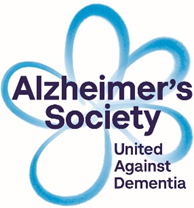
Vitamin D Supplements Information for patients
Why is Vitamin D important?
Vitamin D is a hormone made in our bodies in the presence of sunlight. It is also found in small amounts in foods. Vitamin D is essential for bone and muscle health, and supports a healthy immune system.
Do I need to take Vitamin D supplements?
During winter, and ideally all year round, children from one year old and adults in the UK should take a daily supplement containing at least 400 international units (IU) of Vitamin D. This is equivalent to 10 micrograms (μg).
This is because there is not enough sunlight in the UK during winter (October to March) for the body to make its own Vitamin D. Whilst Vitamin D is in some foods, it is difficult for most people to get enough from food alone.
Many people do not get enough vitamin D from sunlight, even during the summer, because they have little or no sunshine exposure, or a reduced ability to make Vitamin D.
You should take a daily supplement containing at least 400 IU (10 micrograms) of Vitamin D all year round, if one or more of the following applies to you:
- You are shielding due to Covid-19
- You wear clothes that cover up most of the skin when outdoors
- You are housebound, work indoors during the day, or are a night shift worker
- You have darker skin, for example of African, African-Caribbean, Asian or Middle-Eastern descent
- You are over the age of 65
- You are pregnant or breastfeeding
Infants and children under four, who are taking less than 500ml of infant formula a day should also take 340-400 IU (8.5-10 micrograms) of Vitamin D per day, and may be eligible for free supplements on the Healthy Start Scheme.
Is it possible to take too much Vitamin D?
Some supplements contain a higher dose, such as 800 IU (20 micrograms). These are also safe and effective. However, taking more than 4000 IU (100 micrograms) of Vitamin D a day for a long time could be harmful. If you have purchased supplements containing a higher dose than this, take them less frequently so your overall intake is lower. Children under 10 should not take more than 2000 IU (50 micrograms) per day.
Will taking Vitamin D supplements help prevent Covid-19?
The direct link between Vitamin D and Covid-19 prevention and treatment is still being established.
Approved by Surrey Heartlands MM Cell Surrey Heartlands MMT Version 2 23 December 2020
Is there Vitamin D in my existing medications?
Vitamin D is often contained in calcium supplements, because the body needs Vitamin D to absorb calcium. ‘One a Day’ Multivitamin and Mineral supplements, and some Oral Nutritional Supplements also contain Vitamin D at the recommended amount, so if you take any of these, you may already be getting enough Vitamin D. If you are unsure, check with your pharmacist.
Can I get free or prescribed vitamin D?
Vitamin D is not routinely prescribed. This is because supplements are widely available to buy.
Those who have been advised to shield due to Covid-19 may be at risk of Vitamin D deficiency if they have spent little time outdoors. Therefore, in January 2021, The UK Government will deliver four months’ supply of Vitamin D supplements to those who are extremely clinically vulnerable to Covid-19.
If you are eligible, you will have received a letter inviting you to opt-in to receive the supplements. If you think you are eligible and haven’t received a letter, you can opt in by visiting The NHS website - NHS (www.nhs.uk) and typing ‘get Vitamin D’ into the search bar.
Vitamin D can be prescribed in higher doses for people who have persistent symptoms suggesting Vitamin D deficiency, which is confirmed by a blood test. Unless you have symptoms of Vitamin D deficiency you do not need to be tested, as meeting the recommended intake every day is usually enough to maintain adequate Vitamin D levels.
Which supplement should I buy?
Supplements containing 400 IU (10 micrograms) are available to purchase from pharmacies, supermarkets and online. Vitamin D is available in two forms, vitamin D3 (colecalciferol), and vitamin D2 (ergocalciferol). Vitamin D3 is usually from animal sources, and vitamin D2 is from plant sources.
My relative lives in a care home, how do they get Vitamin D supplements?
In January 2021, the UK Government will deliver four months’ supply of Vitamin D supplements to all care home residents. Residents do not need to opt in and these will be supplied automatically.
Where can I find out more?
BDA Food Factsheet: Vitamin D:
www.bda.uk.com/resource/covid-19-rapid-guideline-vitamin-d.html
NHS information on Vitamin D:
www.nhs.uk/conditions/vitamins-and-minerals/vitamin-d/
Vitamin D supplementation in winter:

We received this beautiful canvas painting from a patient of the surgery.
Thank you Caroline! You have made our day!
You can find more of Caroline's art on her website: carolinegosdenart.com



